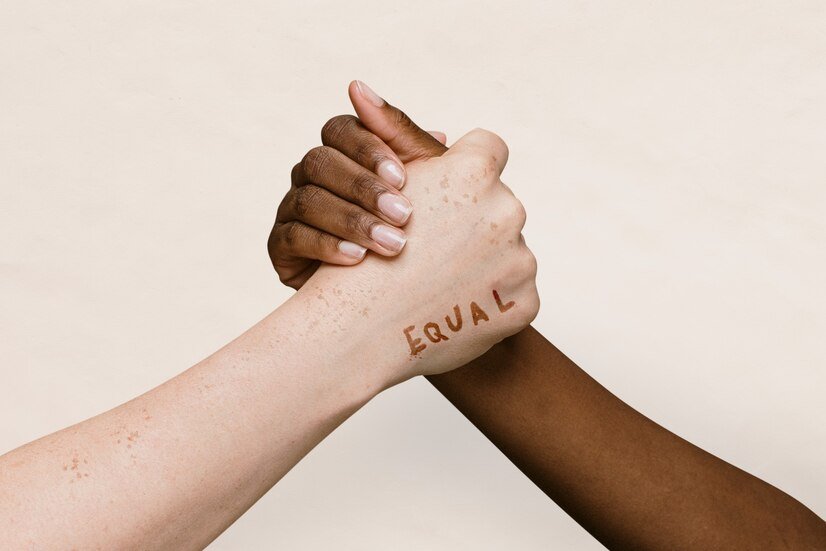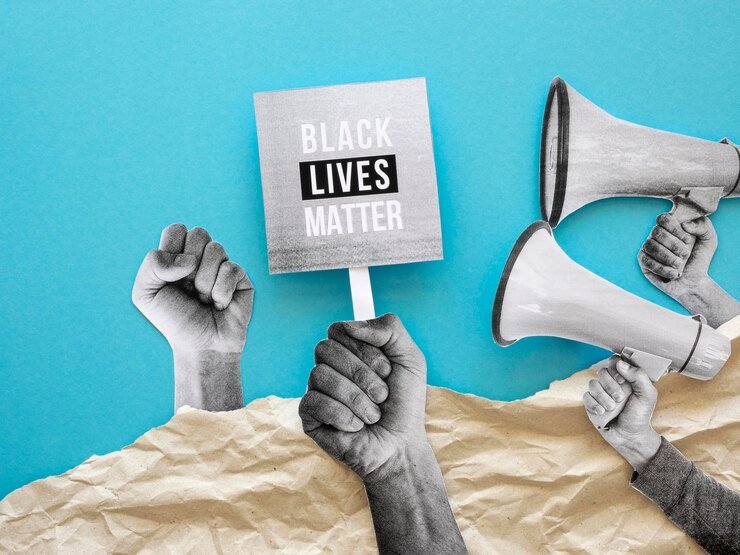Leading up to the Toronto mayoral election, numerous candidates focused their campaigns on restoring the city’s safety. However, it’s imperative for residents to contemplate the essence of public safety and its significance to different individuals.
Contrary to prevalent discourse, a majority of Torontonians perceive their neighborhoods as safe and view their neighbors as supportive. As per the 2022 Toronto Social Capital Study, 76% of residents believe their neighborhoods offer secure spaces for their children to play, and 61% attest to the willingness of people in their neighborhoods to assist one another. Despite notable incidents impacting public safety in the city over the past year, the majority feels physically secure.
Yet, for many Torontonians, public safety extends beyond physical security to encompass psychological well-being—a facet often overlooked.
Trust levels vary across racial lines, with individuals identifying as Chinese, South Asian, or white generally expressing greater trust in their neighborhoods compared to less than half of Black Torontonians who share the same sentiment. This disparity is exacerbated when extending trust to institutions beyond neighborhoods, with Black Torontonians exhibiting lower levels of trust in various sectors such as schools, the justice system, and local media. Notably, trust in the police has declined over the years, particularly among white Torontonians, attributed in part to increased awareness of systemic racism and instances of police brutality against racial minorities.
Everyday racism remains a pervasive reality for many residents, particularly racialized individuals, including Black Torontonians. They are disproportionately subjected to discrimination based on ethnicity or race, highlighting the prevalence of racism as the most common form of discrimination in the city.
Despite facing significant challenges, Black Torontonians exhibit remarkable resilience, demonstrating a strong belief in collective action to address community issues. They express a higher-than-average faith in their ability to effect change within their communities, emphasizing the vital role of community organizations at the local level in fostering safety and cohesion.
In a time marked by diminished civic engagement, supporting these grassroots community initiatives becomes increasingly crucial. Recognizing the multifaceted nature of public safety and acknowledging the pivotal role of community organizations are essential steps in nurturing a healthy and democratic society.



